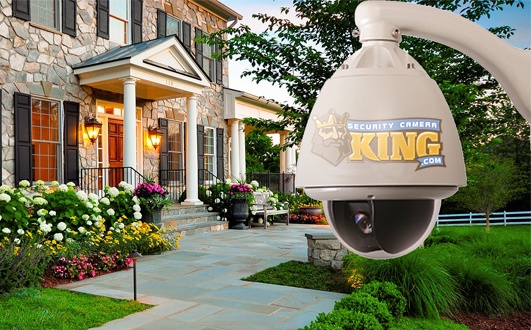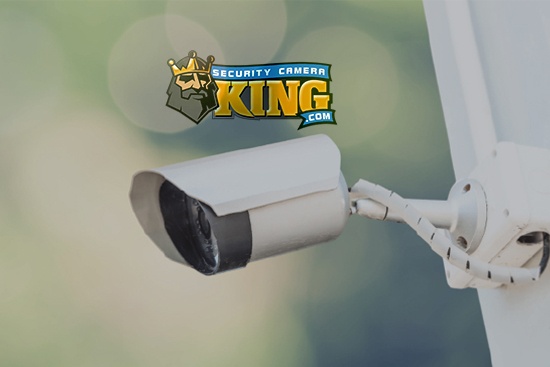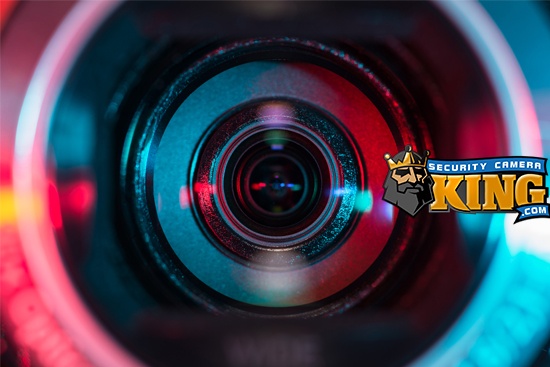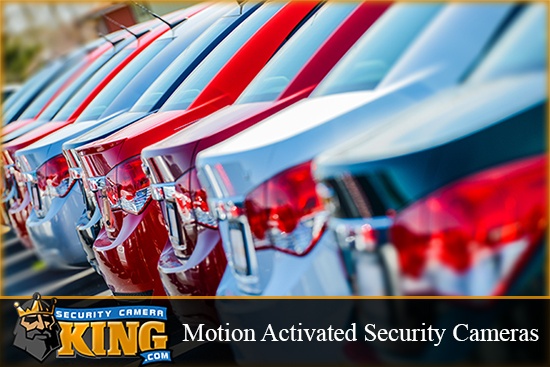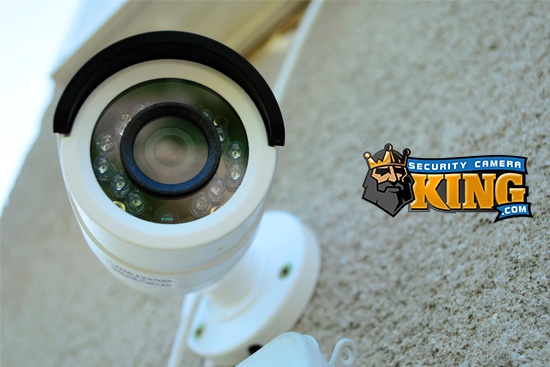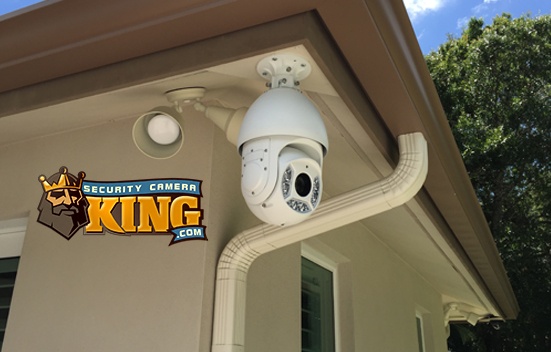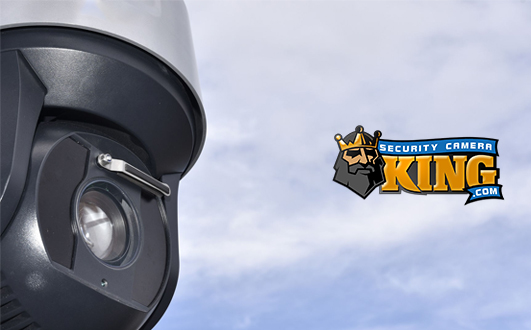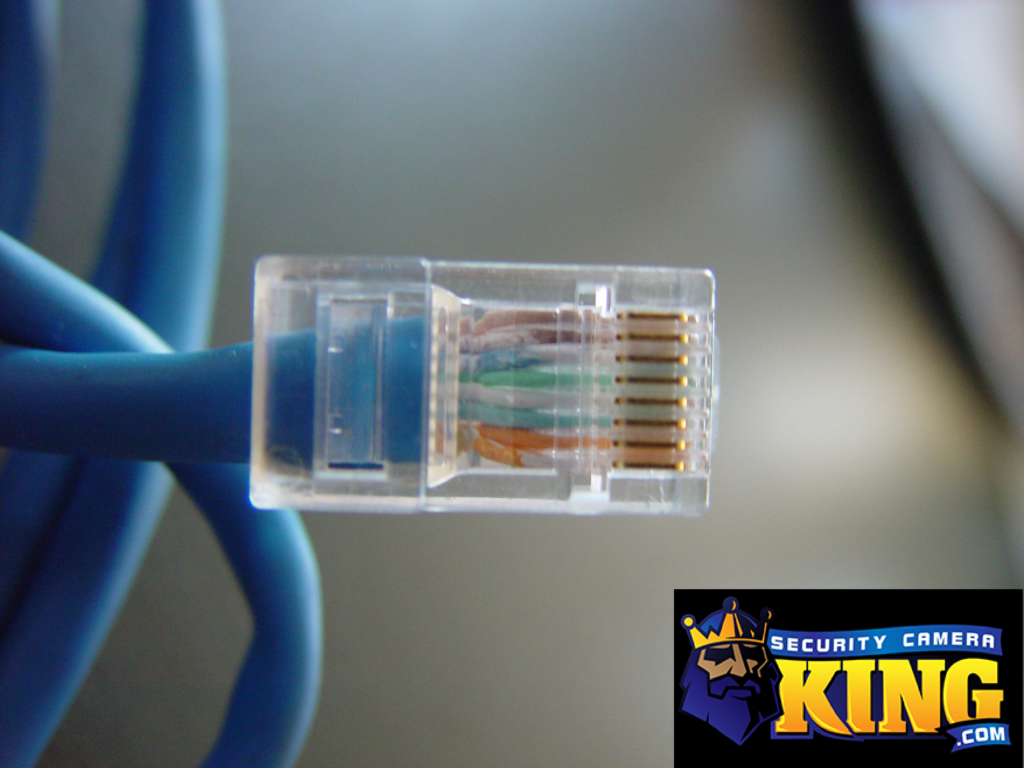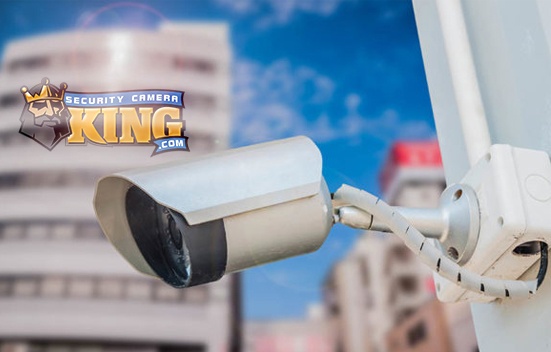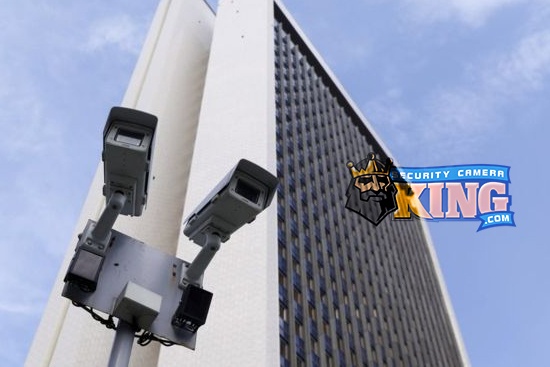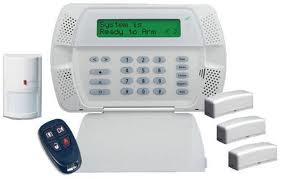
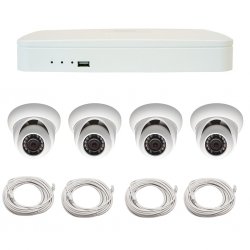
I often get asked by my clients if they should get a camera system or an alarm system? The answer to that question can be complex because of the differences. Are you looking for a system that is monitored? Are you looking for a system that can actually catch the criminal? Do you want the police to respond blindly and not in a timely fashion? Do you want to have video of the criminal to be able to prosecute them? Either way you go your property will have protection. I am going to go over the pros and cons of both.
Alarm System
With an alarm system you have several different ways you can go. If you have a home that has existing wiring of all of the contacts, all you will need to do is find a company that will monitor the system for you. If this is a new installation most companies have gone to the new wireless systems, which are nice because the technician does not have to be skilled with running wires or proper circuitry. One major drawback with this type of a system is that the initial price you will be quoted is for a motion detector and a couple of door sensors and once you add all the sensors and detectors you are going to need for proper coverage the price skyrockets. Then you add the cost of monthly monitoring and it can get very costly. Now having a home that is pre-wired with the sensors on all the doors as well as the windows or at least smash sensors on the windows is the way to go.
This is because you know every entry point is covered and you are not reliant on batteries or a centralized motion detector to try and pick up when someone entered your home.
Some people are concerned with their alarm system needing a landline phone for the system to connect to for communication. This is not as big of a deal anymore, due to GSM systems on both hard wired and wireless solutions. This is nice because in this day and age people have shied away from the home phone, as well it offers another layer of protection by preventing someone from just cutting the phone line. There are also systems available that use an IP style communication device. The GSM and IP style devices offer home and business owners an alternative to the standard phone line communication, giving greater security when you need it. Whether you shell out the big bucks for a wireless system or have a hard wired system in your location, you will have a greater sense of security knowing that your property is being monitored by someone. One thing to be aware of with any alarm system is local requirements for alarm permits. I say this out of experience, if your municipality has codes in place that require you to have a permit registered with them, make sure whatever company you go with files the proper paperwork. I had a break in at a property and the alarm company did not have all the paperwork filed correctly and the police would not respond to the location. I feel that this is a way that some cities and municipalities to have extra revenue, but nonetheless make sure you check your local requirements so you don’t waste your money on your alarm monitoring service.
Camera System
With a camera system you also have several ways that you can go. You can choose to stay with analog cameras and a DVR (Digital Video Recorder) or you can step up to HD (High Definition) IP cameras (Internet Protocol) and an NVR (Network Video Recorder). These systems come in both wired and wireless configurations. I only suggest a wired system due to it’s hardiness. If you want a further explanation of why I feel this way you can read my article Wired vs. Wireless Cameras.
If you choose to stay with the analog transmission camera system there are several levels of cameras and recorders to choose from on the market. I personally go with TechPro Security Products’ Ultimate Mini series DVRs, because they offer a great bang for the buck. They give you realtime D1 recording on all channels, audio inputs, and the possibility for alarm integration. If you go with an analog transmission system, do yourself a favor and step up to 700tvl cameras to maximize the images you get out of your recorder. Be careful, not all 700tvl cameras are created equal, with Techpro cameras you are getting true 700tvl cameras that have high end Sony chips inside. I have found many of times that there are companies out there that claim to have the same specifications as Techpro cameras, but when I have ordered and disassembled them they are far from the same.
Now if you are looking for the absolute best resolution in your camera system, I would go with a Techpro NVR. I really like the mini NVRs for most applications, because they give you the same recording specifications as the full size units with a significantly smaller footprint while still offering the possibility of alarm integration. My personal setup preference with my IP cameras is to utilize 2MP (megapixel) cameras on the outside of my structure with 1.3MP cameras on the inside. This may sound weird to some, but I have found in the outdoor application you will be able to utilize the additional resolution for digital zoom on the recorded image. You generally have larger areas to cover in the outdoor realm than you do in the indoor realm.
With a camera system ideally you will want to have cameras that crisscross on the front and rear of the property. You will also want at least one camera shooting down each side of the property, depending on how long of a shot it will be. Now remember not all structures are created equally, so if there are areas that jut out on the building you will need more cameras to get the coverage that you need. For the types of cameras that I suggest you may want to read my article Hidden Security Cameras vs Visible Security Cameras.
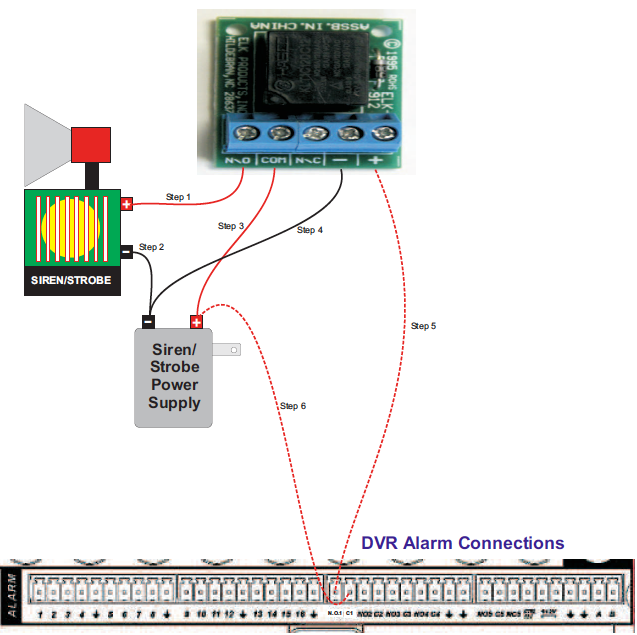
The Joining of Forces
Now any properly trained security professional will tell you that a layered defense is the best defense. While a single layer can get the job done, having more layers will ensure your safety. I say this because as I have talked about with the camera systems having alarm integration, this helps to build a layered defense. Now there are several ways that you can go about integrating an alarm system with a camera system. I am going to talk about the basics, but remember you can get as complex as you want.
One of the main reasons that I like a hard wired alarm system is the fact that it makes integration into a camera system that much easier. For example, with every contact from an alarm system there is a signal wire coming from the contact to the alarm panel. With this you can tie into this cable and bring it into one of the alarm inputs of the camera system, allowing you to tell the camera system how to respond with the information it is given. What I have done at my own home is correlate each contact for specific sections of my house to the cameras that watch those areas.
When one of these contacts is triggered, my DVR takes that signal, emails me the pictures from the cameras I have designated, and the application TechproSS Plus on my phone pushes me the video instantaneously. This is extremely nice and efficient because even if the perpetrator happens to get my DVR, I still have photographic and video evidence.


